There’s no shortage of ways for companies to self-destruct. Whether it’s reckless spending, poor leadership, or a stubborn refusal to adapt, even the most powerful businesses can collapse under the weight of bad decisions. Some make short-sighted financial moves that backfire spectacularly, while others let greed and ego drive them straight into disaster.
From ill-advised expansions to marketing blunders that left the world scratching its head, history is packed with cautionary tales of corporate missteps. These companies didn’t just lose money—they managed to squander fortunes in ways that still baffle business experts today. Here are 30 of the most astonishing ways companies have thrown away their wealth.
30. Nokia

In the early 00s, Nokia owned the cell phone industry. However, when Apple changed the game with its iPhone and iOS innovations in 2007, Nokia was too slow to keep up. Android and iOS became the phones of the future, and Nokia ended up selling its mobile phone division to Microsoft in 2013.
29. Ford

The Ford Edsel was supposed to be the next big thing in the world of cars. Edsel was the name of Henry Ford’s son, and the car that bore that name was, likewise, meant to carry on the Ford legacy. People hated it, though, finding the overhyped car to be far too expensive for its underwhelming performance. The word “Edsel” then entered common parlance as shorthand for “overpriced and overhyped.”
28. Sega

In 1995, Sega sneakily dropped its new home console, the Saturn, into the market four months earlier than expected. They were trying to get a leg-up on Sony’s impending PlayStation system, but they also caught retailers and gamers off-guard. The Saturn subsequently sold terribly, and Sega’s lost ground ended up costing the (admittedly excellent) Dreamcast system, which itself struggled against Sony’s PlayStation 2. While Sega is still around these days, they just make software now.
27. Ratner’s Group

In 1991, Gerald Ratner made a snarky, self-deprecating joke about the quality of his company’s jewelry. He noted that some of his products were “total crap,” and word of this description reached millions of ears. Ratner’s Group lost millions of dollars in stock price overnight and never bounced back from the slip-up.
26. Decca Records

Here’s a somewhat famous example of a company making a bonehead move. Decca Records had the chance to sing a little-known quarter of rockers from Liverpool called The Beatles back in 1962. They figured “guitar groups are on the way out,” thus passing on what would end up becoming the biggest rock act in the world.
25. Excite
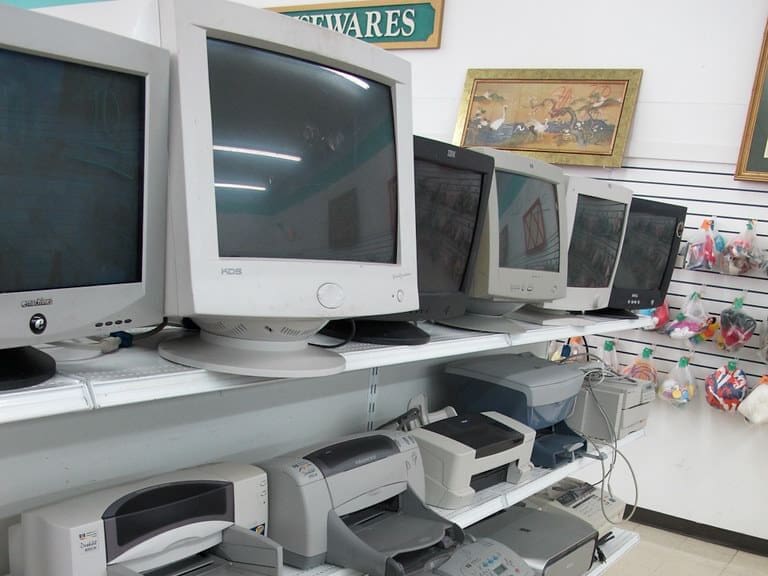
You remember leading search engine Excite, right? You know, Excite? From the 90s? Okay, jokes aside, Excite was a search engine that was popular in the early days of the World Wide Web and they had the chance to buy Google for $750,000 in 1999. They thought the price was too high!
24. Blockbuster
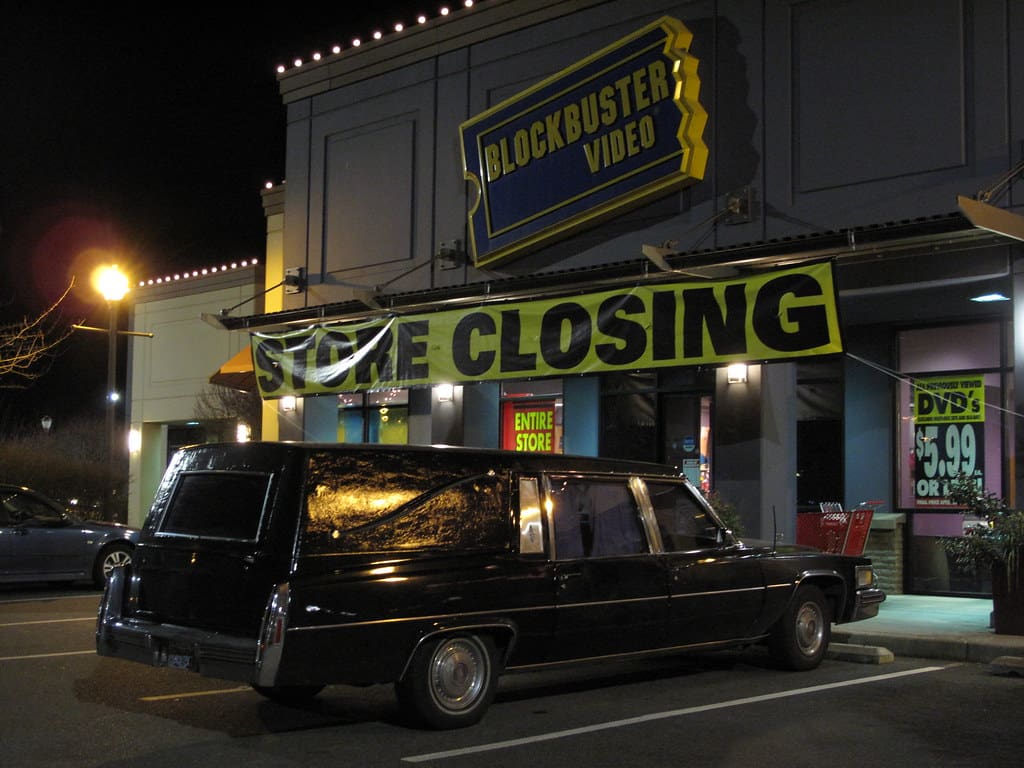
Netflix actually proposed a merger with blockbuster back in the early 00s. At the time, Blockbuster laughed them off, never imagining that internet streaming would become popular enough to unseat video rental as people’s preferred method of entertainment. As it turns out, streaming was the next big thing.
23. Coca-Cola
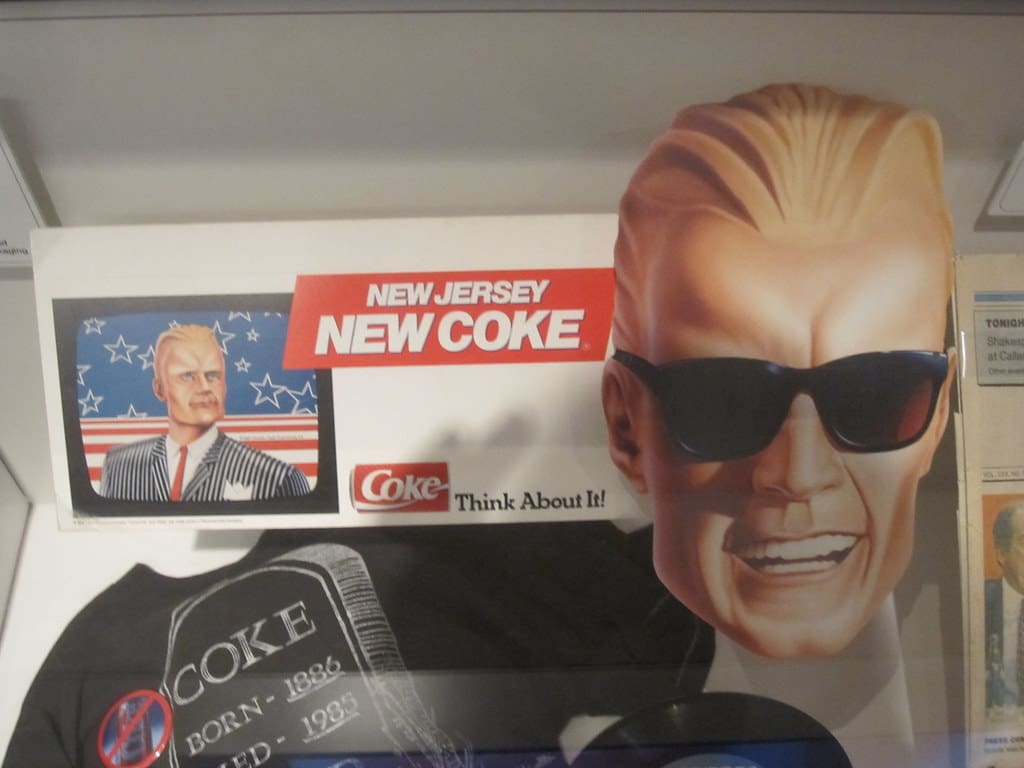
In 1985, Coke changed its formula up and offered “New Coke.” There was major fan outcry as Coke drinkers didn’t want the classic formula changed, even though Coke wanted to battle back Pepsi’s growing market dominance. Coke relented and reintroduced the original flavor three months later as “Classic Coke.”
22. MoviePass

MoviePass’s entire structure seemed way too good for consumers. And, in fact, it was! If you saw more than two movies per month with the service, it would lose MoviePass money. The company expected theaters to partner with them and offer a cut of food and drink sales, which AMC refused to do. This miscalculation cost them everything, and they shut down in September 2019.
21. OnlyFans

This one is a bit spicy. OnlyFans suggested it would ban adult content from its site in 2021. While their name might sound generic, most of the site’s revenue comes from amateur adult performers who post less-than-work-safe content for subscribers. They quickly reversed the decision, alleging that the scare had come from banks who were hesitant to work with them in light of their main money-maker.
20. Red Lobster: Unlimited Crab Legs

in 2021, Red Lobster offered an unlimited (snow) crab legs deal for $22.99 a person. They brought the servings out slowly. Apparently, they didn’t envision people sitting there for hours waiting to eat them. But many people did and ate 3-4 servings. Red Lobster lost $405.9 million in stock in a single trading session and $3.3 million in profits.
19. Netflix: Subscriber Split
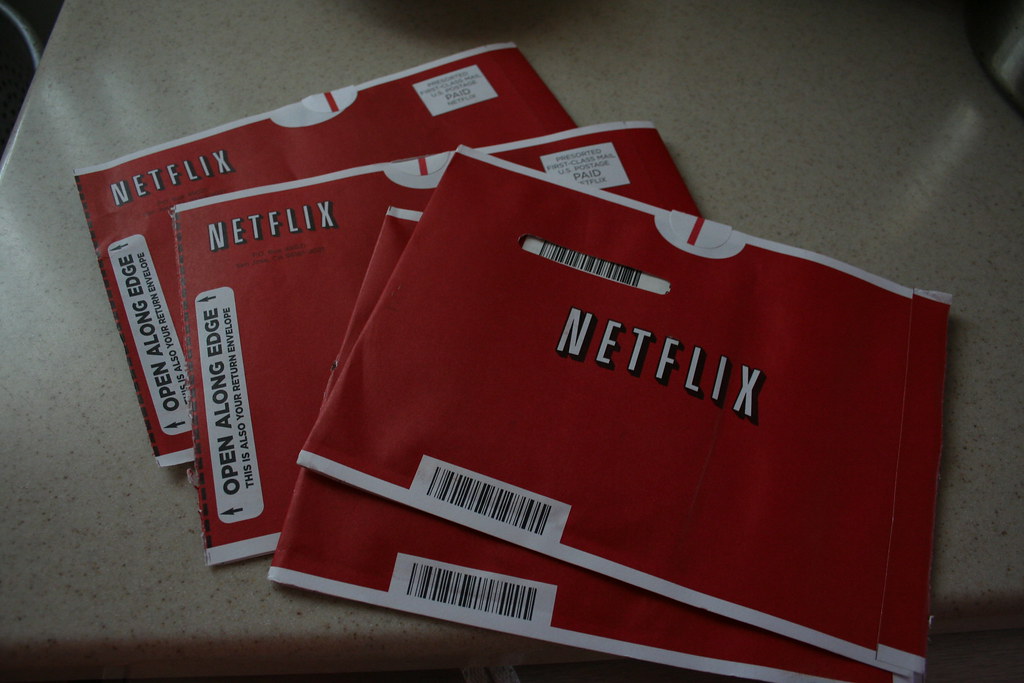
In 2011, when making the transition from DVDs to streaming, Netflix split its service into two plans: One for streaming and the other for DVDs by mail. Users wanting both had to pay $8 for each plan, resulting in a 60% price increase. The result was a loss of 800,000 members. Netflix stock plummeted more than 25% in after-hours trading.
18. Quiznos: Strong-Arming the Franchises
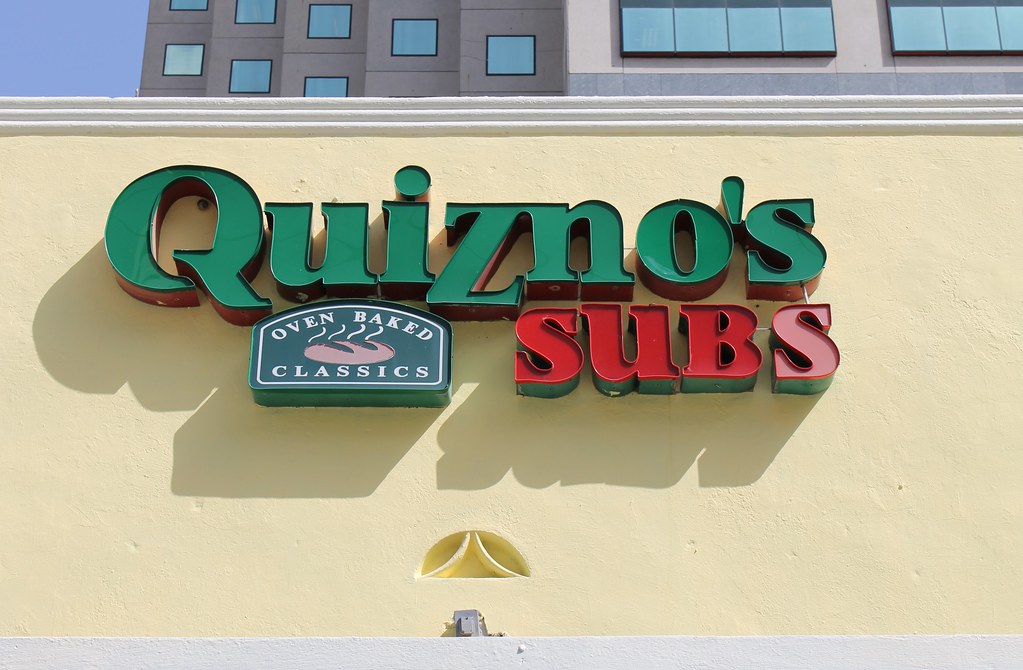
In 2007, Quiznos reached a systemwide sales high of $1.9 billion. But generates less than $100 million annually now. Quiznos bought the vendors and forced the franchises to only buy materials from them at a price far higher than the industry average. They squeezed away profits from small franchises while hiking prices so corporate directly profited.
17. Photobucket: Pay or No Images

In 2017, Photobucket quietly introduced a $399 annual fee for users who wanted to embed images on third-party websites. This change in terms meant users had to pay a yearly fee to continue delivering images they’d previously posted for free. Users accused Photobucket of extortion for failing to make the terms of service change abundantly clear.
16. JCPenney: No More “Sales”

JCPenney announced the end of “sales.” Instead, they lowered prices by 40%. JCPenney was trying to be honest, figuring people knew when something said “70% off” it was phony. Stores set “regular” prices deliberately high to make the discount price look like a great deal. Apparently, people want to be fooled by fake discount prices. JCPenney lost $163 million.
15. Yahoo: Acquisition Blunders
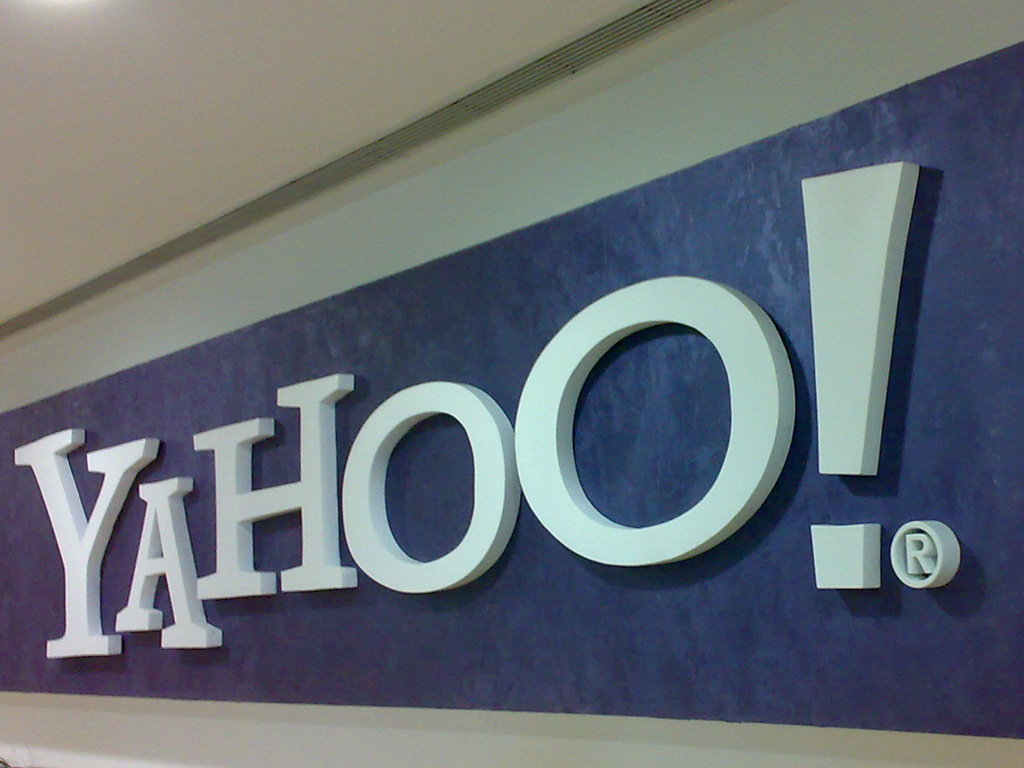
In 1998, Yahoo could’ve bought Google for $1 million but Yahoo refused. In 2002, they offered Google $1 billion, but the company was worth $3 billion. In 2006, Yahoo offered Facebook $1 billion but Facebook backed out. In 2008, Microsoft offered to buy Yahoo for $44.6 billion but Yahoo refused. In 2016, Verizon bought Yahoo for $4.8 billion.
14. Sears: The End of a Mail-Order Empire
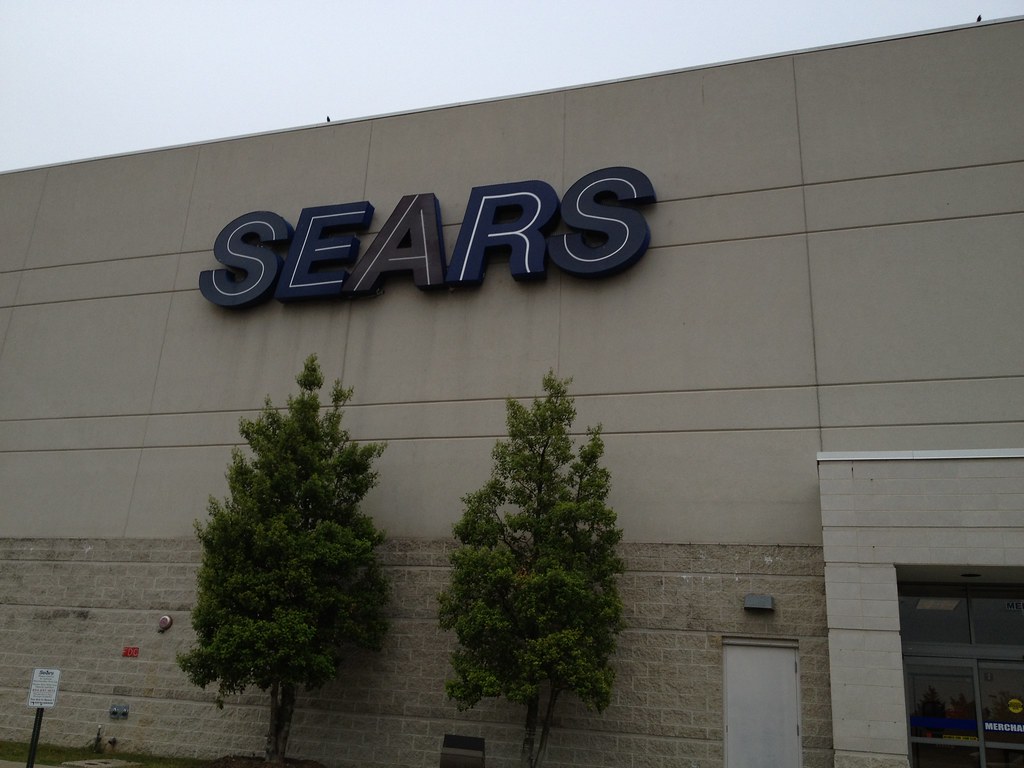
For over 100 years, Sears dominated the catalog/mail-order business. In 1969, its sales accounted for 1% of the US economy. Sears ended catalog sales in 1993. Amazon was founded in 1994. Sears launched an e-commerce site in 1997. In 2000, their CEO prioritized e-commerce, leading to the neglect and closure of physical stores. Sears filed for bankruptcy in 2019.
13. Kodak: Ignoring Digital Photography
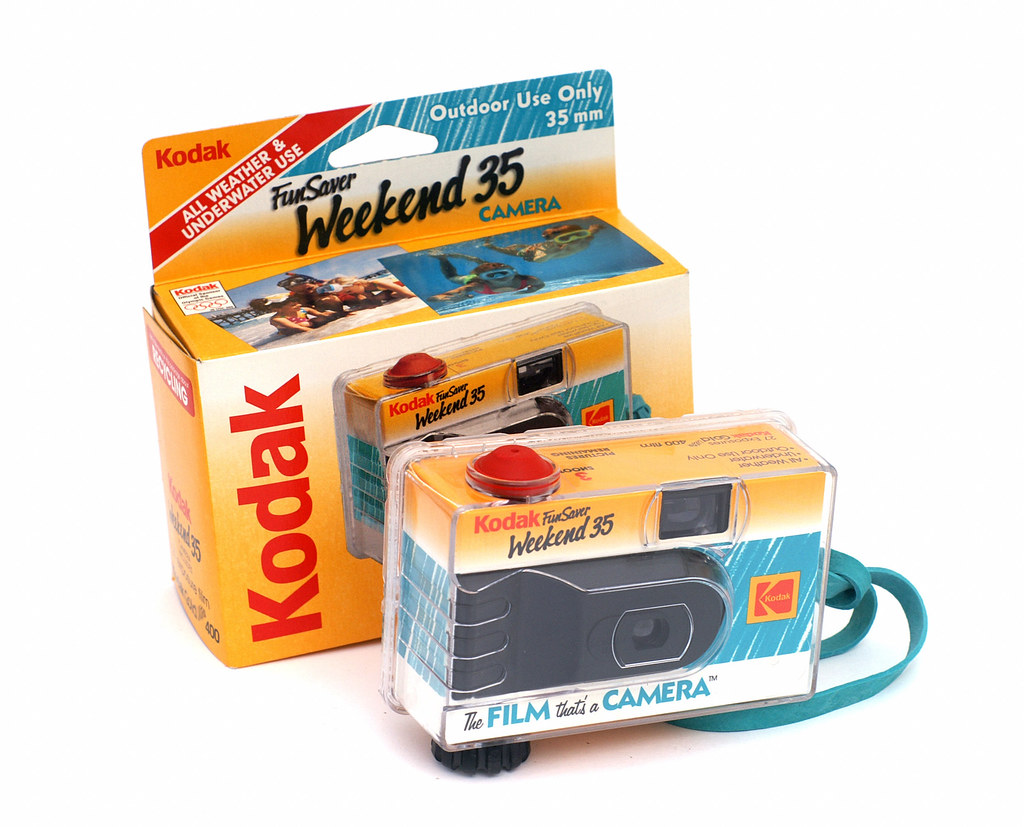
Some habits are hard to break. Kodak was so focused on their film business that they could not see the future. When digital photography came along, the company chose not to adopt it. The missed opportunities in digital photography by Kodak are staggering. Ironically, they invented the technology. After a decades-long decline, Kodak bounced back somehow.
12. A&W: Americans Can’t Do Fractions
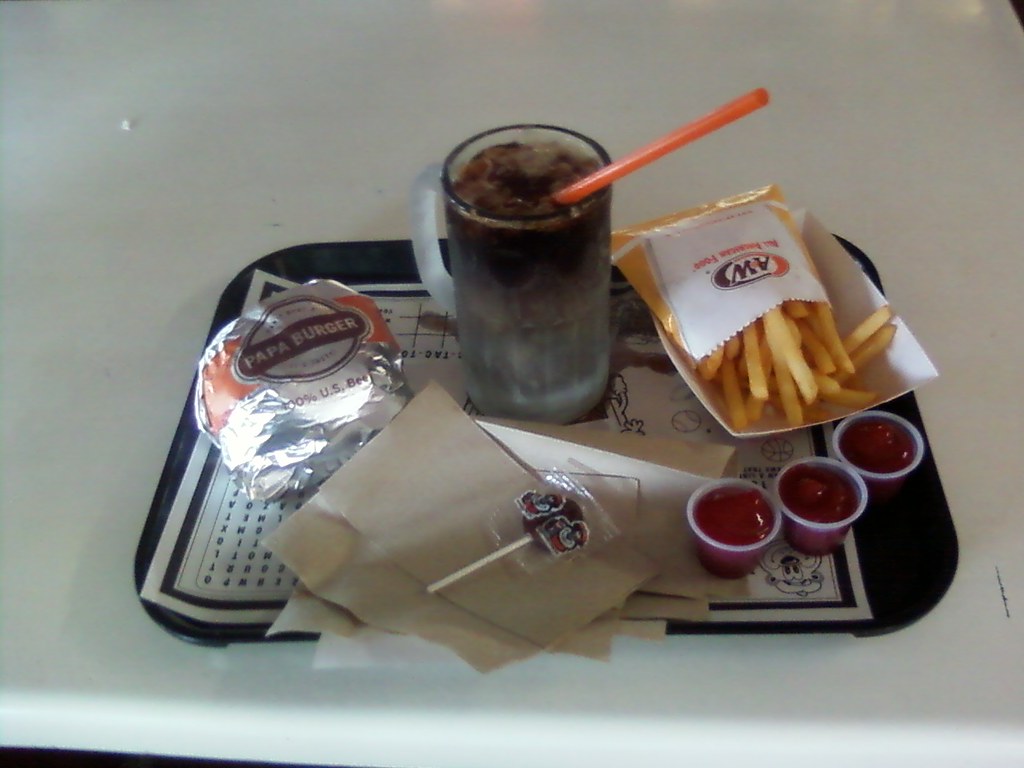
A&W introduced a one-third-pound burger for the same price as McDonald’s quarter-pounder. More meat for the same price. But A&W discovered their customers sucked at fractions. Customers thought 3 was a smaller number than 4 and were getting less. The burgers didn’t sell. They couldn’t explain math to customers without coming off as condescending. They quietly discontinued the burger.
11. Lotus: Overly Generous Bonus Clause

In 2012, the Lotus F1 team signed driver Kimi Raikkonen. His contract included a clause paying him €50,000 for every point he scored in the two seasons of his contract. In 2012, Raikkonen finished third in the championship. In 2013, he finished fifth. He tallied 390 points in two seasons, earning €19.5 million in bonuses. This payout nearly bankrupted Lotus.
10. Circuit City: Trading Cheap Labor for Experienced Staff
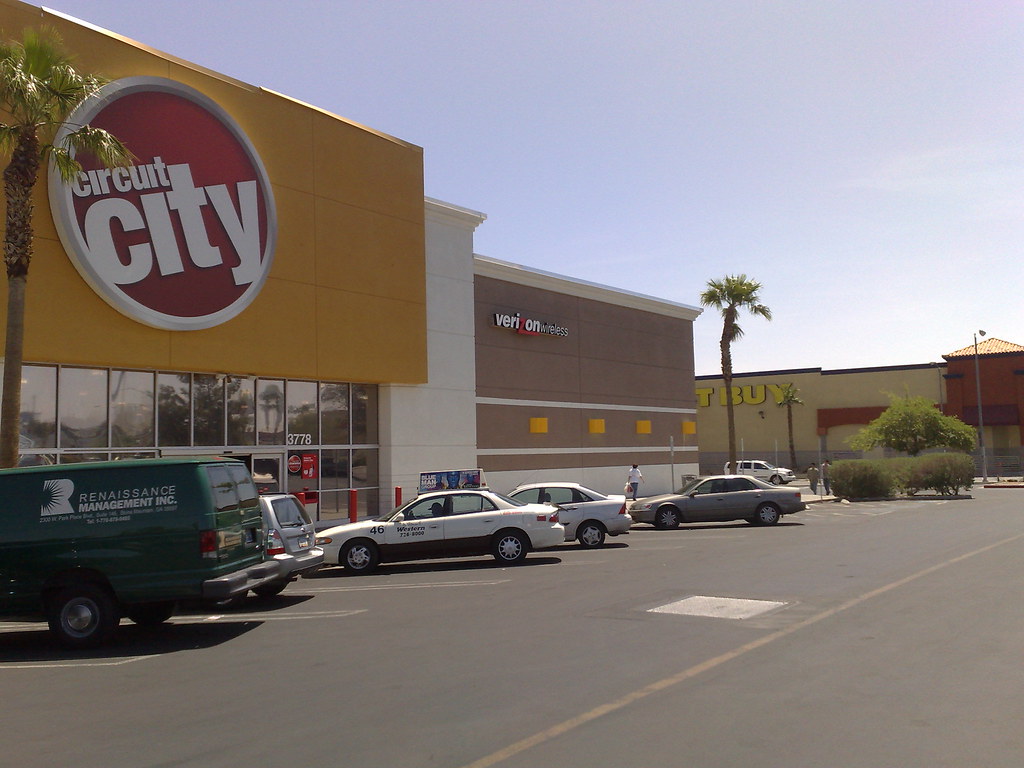
During the 1980s, Circuit City was a huge comapny. But mismanagement took this major retail chain down. In 2007, perhaps the company’s biggest blunder was laying off all its higher-paid, experienced, knowledgeable staff and swapping them for inexperienced, cheap labor. Customers weren’t happy. Meanwhile, its CEO pocketed $7 million in compensation. They went defunct in 2009.
9. Borders: Ending a Good Deal

In 2001, Borders had a partnership with Amazon to sell books online. Amazon handled practically everything while Borders “leveraged its brand name to drive sales.” In 2007, Borders ended the agreement and launched its own online business. Book buying shifted online and Borders struggled to compete with Amazon and Barnes & Noble. Borders went defunct in 2011.
8. Quibi: Overspending on Original Content

Quibi was a short-form streaming video platform that generated content for viewing on mobile devices. The idea was content delivered in “quick bites” of 10-minute episodes. They raised $1 billion in funding from numerous sources and spent it all developing original content. But only six months after its April 2020 launch, it shut down. Roku has acquired its content.
7. Ayds – Appetite Suppressant Candy: Refusing a Name Change

Things happen in the world. As we’ve seen, some incidents cause companies to change their names, logos, and branding. However, Ayds, despite the AIDS epidemic, refused. Its COO said, “Let the disease change its name.” In 1988, sales dropped as much as 50%. Finally, the company relented. In Britain, it’s now Aydslim. In the US, it’s now Diet Ayds.
6. Yik Yak: Changing Its Best Feature

In 2013, Yik Yak launched as a social media smartphone app offering anonymous message posting. Then they changed the anonymity feature. They introduced usernames, although they could be throwaway names. Nonetheless, the move made users bail. In 2016, Yik Yak shut down. They sold their IP to Square Inc. for $1 million. It was once worth $400 million.
5. Vine: Too Slow on the Draw

Vine held mega-promise as the pinnacle of short-form looping videos with its 6-second clips. Twitter bought the company for a reported $30 million in 2012 just before its 2013 launch. Unfortunately, Vine didn’t move quickly enough to differentiate itself from Instagram’s then-new 15-second video clips. Marketers moved their money toward Snapchat. Twitter announced Vine’s discontinuation in 2016.
4. Schlitz: Changing Its Brewing Process

Schlitz changed its brewing process, replacing barley with corn syrup and using silica gel as a preservative they later filtered out. The flavorless beer became cloudy, spoiled faster, and didn’t produce foam. A Schlitz recall lost $1.4 million. They ignored the light beer craze. They resumed the original brewing process in the 80s – too late. The company went defunct in 1999.
3. Digg: Dug Themselves into a Hole

At one time, Digg was bigger than Reddit. Then they decided to force immensely unpopular changes on the site, which were also bug-ridden. Users rebelled by posting Reddit links. But Digg stuck to their new ways. The layout became more complex. Users couldn’t communicate directly with one another. People moved to Reddit, Facebook, and Twitter, where users could share links.
Read More: 5 Reasons You’ll Regret Buying a ‘Smart’ Appliance
2. Blackberry: From Hero to Zero

At one time, Blackberry was the most popular smartphone in the world, preceding iPhone and Android. A major blunder was their insistence on producing full keyboards despite customers preferring touchscreens. Blackberry’s stock price collapsed by 90% by 2013. After having 50% of the US market and 20% globally, Blackberry had a 0% market share by 2016.
Read More: These 20 Restaurants Are Closing in 2024
1. Schwinn: Thinking Mountain Bikes Were a Fad

Founded in 1895, Schwinn was the dominant bicycle maker for nearly a century. In the 1970s, mountain bikes emerged but the company called them a fad. When they finally made one, they called it “The Klunker.” They started importing bikes from Japan, Taiwan, and China, becoming more marketer than manufacturer. In 1992, Schwinn declared bankruptcy and was restructured.
Read More: These 20 Stores Are Closing in 2024







